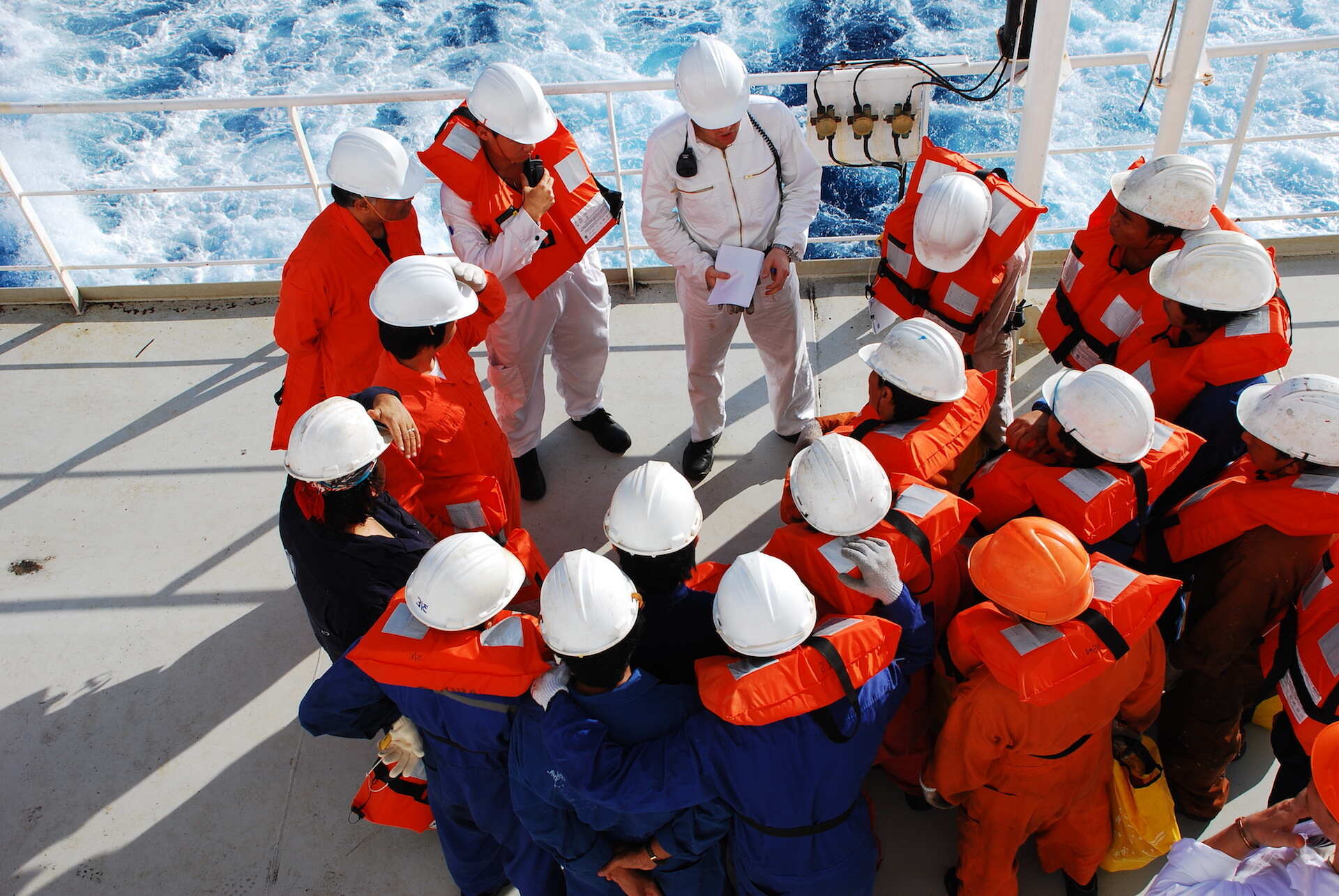
Crew management is the backbone of any successful maritime operation. But what exactly does it entail? Crew management involves recruiting, training, and overseeing the performance of seafarers to ensure smooth sailing. From handling payroll to ensuring compliance with international regulations, it covers a wide range of responsibilities. Ever wondered how ships maintain efficiency and safety on the high seas? The answer lies in effective crew management. This post will dive into 23 intriguing facts about crew management that highlight its importance and complexity. Whether you're a maritime enthusiast or just curious, these facts will give you a deeper understanding of what keeps ships running smoothly.
What is Crew Management?
Crew management involves overseeing the recruitment, training, and welfare of crew members on ships. It's a complex task requiring attention to detail, knowledge of maritime laws, and excellent organizational skills.
- Crew management ensures that ships are staffed with qualified personnel who can operate safely and efficiently.
- It involves scheduling crew rotations to ensure compliance with maritime labor laws.
- Crew managers handle the logistics of getting crew members to and from ships, often across international borders.
- They are responsible for the health and safety of crew members, including medical care and emergency response.
- Crew management includes maintaining records of crew certifications and training to ensure compliance with international regulations.
Recruitment and Training
Finding and training the right crew members is a critical part of crew management. This ensures that ships are operated by skilled and knowledgeable personnel.
- Recruitment involves screening candidates for qualifications, experience, and compatibility with the ship's needs.
- Training programs are designed to keep crew members updated on the latest maritime technologies and safety protocols.
- Crew managers often work with maritime academies and training centers to source and train new recruits.
- Continuous professional development is encouraged to keep crew members' skills sharp and relevant.
- Simulation training is used to prepare crew members for real-life scenarios they may encounter at sea.
Health and Safety
The well-being of crew members is a top priority in crew management. Ensuring a safe working environment is essential for the smooth operation of any ship.
- Regular health checks are conducted to monitor the physical and mental well-being of crew members.
- Safety drills are performed frequently to prepare the crew for emergencies such as fires or abandon ship scenarios.
- Crew managers ensure that ships are equipped with necessary safety gear and medical supplies.
- Mental health support is provided to help crew members cope with the stresses of life at sea.
- Health and safety regulations are strictly enforced to prevent accidents and injuries on board.
Legal and Compliance
Adhering to international maritime laws and regulations is a crucial aspect of crew management. Non-compliance can lead to severe penalties and jeopardize the safety of the crew and ship.
- Crew managers must stay updated on changes in maritime laws and regulations.
- They ensure that all crew members have valid certifications and licenses required by international maritime authorities.
- Compliance with labor laws, including working hours and rest periods, is strictly monitored.
- Crew managers handle the documentation and paperwork required for port state control inspections.
- They work closely with legal advisors to navigate complex maritime legal issues.
Technology in Crew Management
Advancements in technology have revolutionized crew management, making it more efficient and effective.
- Crew management software helps in scheduling, record-keeping, and communication with crew members.
- Online training platforms allow crew members to complete courses and certifications remotely.
- Real-time tracking systems enable crew managers to monitor the location and status of crew members and ships.
Final Thoughts on Crew Management
Crew management is crucial for smooth operations in any industry. From scheduling shifts to handling conflicts, effective crew management ensures productivity and harmony. Communication stands out as a key factor. Clear instructions and feedback loops help avoid misunderstandings. Training and development keep the crew updated with the latest skills and knowledge. Technology also plays a significant role. Tools like scheduling software and communication platforms streamline processes and save time. Safety protocols can't be ignored either. Ensuring a safe working environment boosts morale and reduces accidents. Lastly, recognition and rewards motivate the crew to perform their best. A well-managed crew is the backbone of any successful operation. So, investing time and resources in crew management pays off in the long run. Keep these facts in mind, and you'll see a noticeable improvement in your team's efficiency and satisfaction.
Was this page helpful?
Our commitment to delivering trustworthy and engaging content is at the heart of what we do. Each fact on our site is contributed by real users like you, bringing a wealth of diverse insights and information. To ensure the highest standards of accuracy and reliability, our dedicated editors meticulously review each submission. This process guarantees that the facts we share are not only fascinating but also credible. Trust in our commitment to quality and authenticity as you explore and learn with us.


